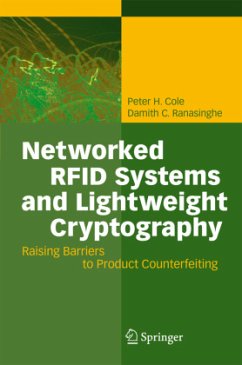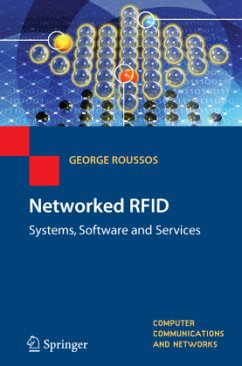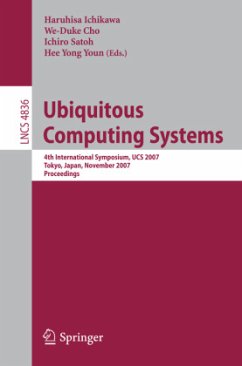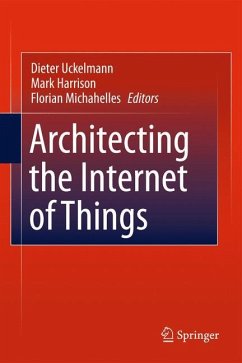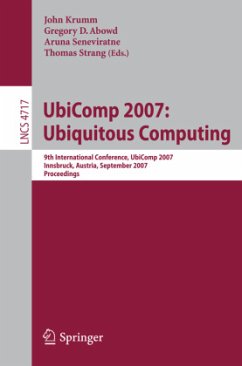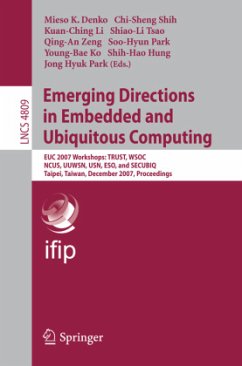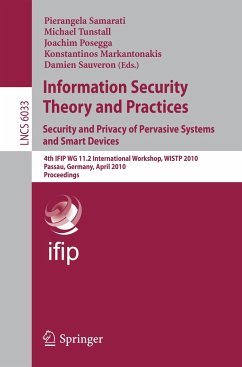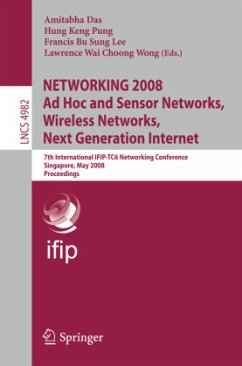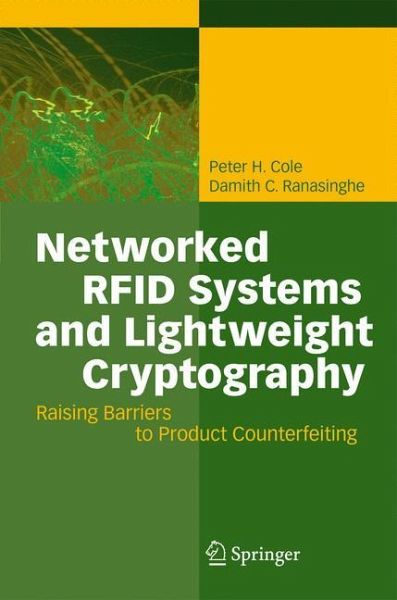
Networked RFID Systems and Lightweight Cryptography
Raising Barriers to Product Counterfeiting
Herausgegeben: Cole, Peter H.; Ranasinghe, Damith C.

PAYBACK Punkte
19 °P sammeln!
This book consists of a collection of works on utilizing the automatic identification technology provided by Radio Frequency Identification (RFID) to address the problems of global counterfeiting of goods. The book presents current research, directed to securing supply chains against the efforts of counterfeit operators, carried out at the Auto-ID Labs around the globe. It assumes very little knowledge on the part of the reader on Networked RFID systems as the material provided in the introduction familiarizes the reader with concepts, underlying principles and vulnerabilities of modern RFID systems.
The rapid growth of RFID use in various supply chain operations, which has arisen from the development of Electronic Product Code (EPC) technology, has created a need for the consideration of security issues in the adoption of that technology. As the originators of EPC technology, the Auto-ID Center laboratories, es- blished at MIT in 1999, and extended in subsequent years to become an assoc- tion of seven laboratories around the world, have taken a keen interest in the workings of EPC in practical applications. The laboratories, now called the Auto- ID Laboratories, have adopted all questions surrounding security of these appli- tions as a principal research interest. Their research has been primarily concerned with the ability of RFID to combat the widespread counterfeiting that has emerged in many supply chains and that is not adequately suppressed by non-RFID security technologies. This book is the outcome of that research. The Auto-ID Laboratories network, whose members haveprovided the ch- ters of this book, consist of laboratories at The Massachusetts Institute of Te- nology in the USA, Cambridge University in the UK, The University of Adelaide in Australia, Keio University in Japan, Fudan University in China, The University of St. Gallen and The Swiss Federal Institute of Technology in Switzerland, and The Information and Communications University in Korea. Together, they have been and continue to be engaged in assembling the building blocks needed to create an "Internet of things".





